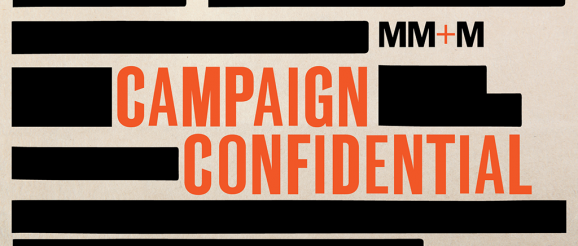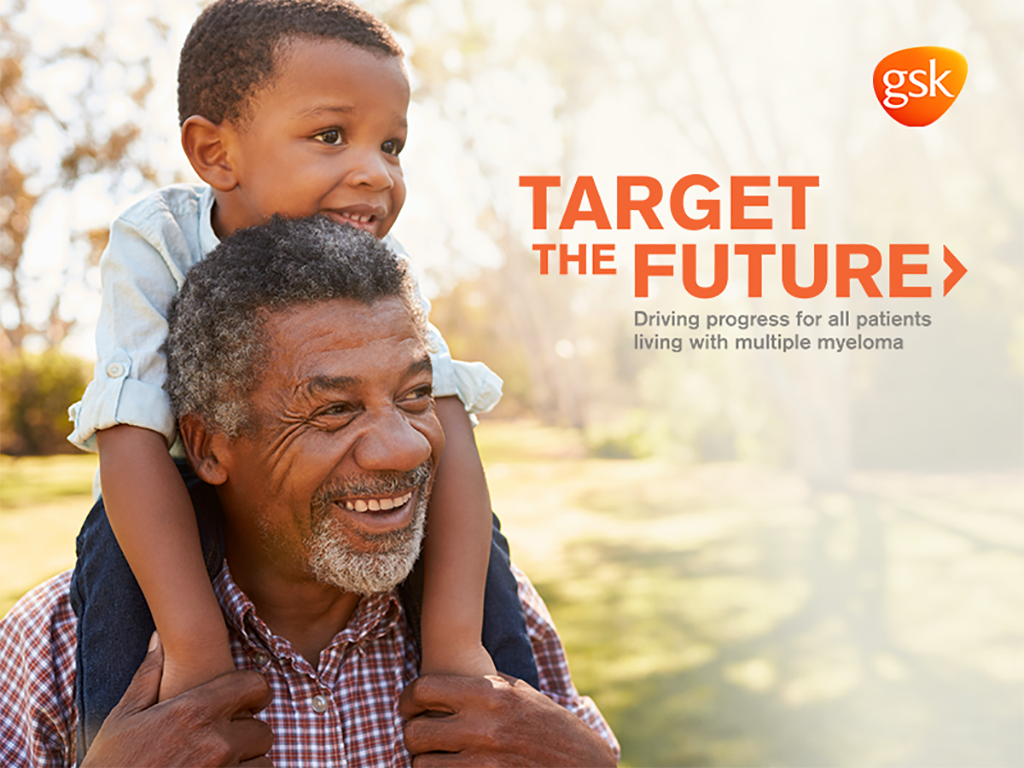GSK crowdsources multiple myeloma innovation in new program

GlaxoSmithKline has expanded its “Target the Future” campaign to include the “Think Tank Challenge.” The competition, open to individuals, advocacy groups and anyone/everyone else, will award £70,000 (roughly $100,000) to the best and most workable idea that improves the lives of multiple myeloma patients.
The program builds off the foundation of “Not on My Watch,” an innovation competition focused on the realm of ovarian cancer. GSK, however, envisions the Think Tank Challenge more of a grassroots-type effort.
“Anyone can come to the table with an idea, from the caregivers to the patients. Anyone can come with an idea that can be potentially impactful,” said GSK VP, global medical oncology franchise head Tania Small.
SVP, global oncology therapy area head Christine Roth agreed, adding that the Think Tank Challenge format draws inspiration from the televised entrepreneurial derby Shark Tank.
“We thought we might get some deeper insights in a non-traditional way,” she said.
GSK hopes competitors can provide innovative solutions around everything from treatment options and transportation to addressing disparities and inequities. Small cited the latter as a particular concern.

“When you look at the data, even early diagnosis with African-Americans is low,” she explained. “A lot of this goes back to education: Are they getting the right support? Are they asking the right questions? Are they managing their toxicities?”
Indeed, Small’s thinking is in large part motivated by her own family experience. “My cousin died in his early 40s of multiple myeloma, and he didn’t know where to go from the very beginning,” she said. “The treatments are very complicated. You are now talking about three or four treatments in just the first line of therapy.”
It’s worth noting that scientific advances during the last decade have helped extend the lives of multiple myeloma patients. While the disease is not curable, it is treatable.
“Part of this campaign is educating patients about options and potentially new things that are coming, and the value of clinical trials for patients who might be out of options,” Roth said. “First line to second line, there’s a pretty strong possibility that you’ll have another great treatment option. Second line to third line, there will be more that you can do.”
It’s when patients get past that point, she continued, that the needs for better education, awareness and access to innovation kick in.
“The big thing with this longer treatment journey is maintaining hope throughout the cycle,” Roth stressed.
As for potential Think Tank Challenge competitors, Roth expects a range of groups and individuals.
“Part of what we’re doing is to empower people who don’t typically have access to programs like this and to get their idea heard and supported,” she explained. “The prize consists not just of financial support but the expertise of GSK.” To that point, ideas with a digital component will be supported by GSK’s digital team and research-related ones will be supported by the company’s R&D apparatus.
The Think Tank Challenge submission deadline is February 11. Entries will be judged a panel consisting of researchers, advocates and other stakeholders.
“Just like Shark Tank does, we want to communicate on the progress of the winning idea,” Roth said. “We hope the first ideas and the first winner will inspire yet another round of ideas to come.”
